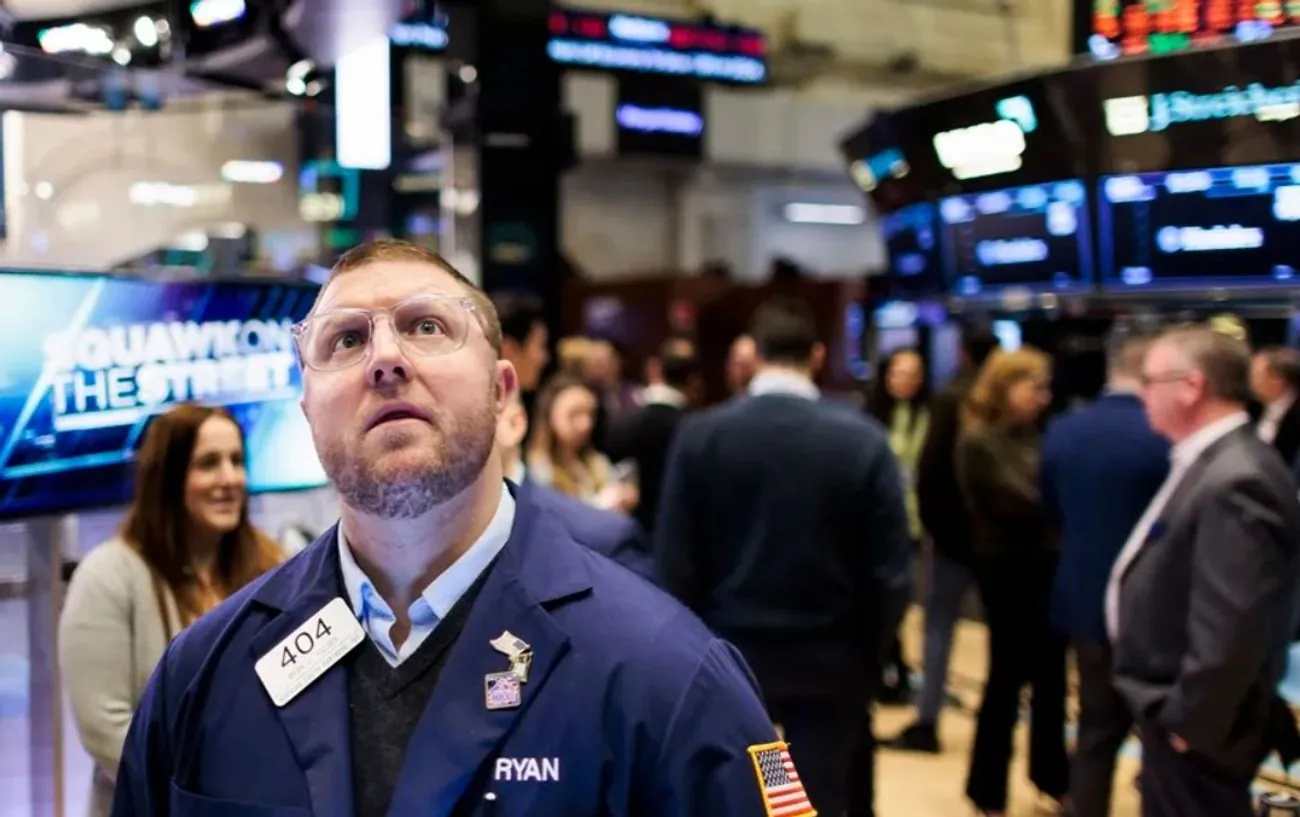“Trump’s Tariffs Usher in New Era of Risks for Global Economy – BloombergTrump Plans Sweeping Trade Restrictions That Could Upend Global System. Economists warn of recession risks and rising inflation
from new tariffs.”, — write: unn.ua
DetailsThe administration’s plans to introduce what Trump calls reciprocal tariffs have investors, executives, government officials and consumers around the world wondering what to expect when Trump takes the stage at an event in the White House Rose Garden at 4:00 p.m.
According to Nomura Holdings Inc. chief economist Rob Subbaraman, the lack of detail on the structure, size and purpose of the fees has led the world to “fly blind” ahead of the big announcement day.
The Trump administration’s proposed reciprocal tariffs mean different things to different people. While a direct approach means the US matches the fees other countries impose on American goods, we suspect the criteria for American reciprocal duties will be much broader and much more difficult to quantify.
What is Trump’s goalAlthough Trump has not yet specified the goals, he and his deputies are targeting the European Union, Mexico, Canada, Japan, South Korea, Vietnam and India in an effort to punish what they consider unfair trade practices. Chinese goods have already been marked with a cumulative additional tax of 20%.
About $33 trillion of world trade is under fire, and countries from Brazil to China face a 4% to 90% drop in their exports to the US, according to Bloomberg Economics data.
The Global Trade Policy Uncertainty Index rose to an all-time high on Tuesday since 2009.
China, Japan and Korea discussed trade amid US tariffs01.04.25, 06:01 • 9861 view
According to Goldman Sachs Group Inc. economists, the average US tariff for all countries this year is likely to increase by 15 percentage points. It is warned that this will increase baseline inflation, weaken growth and increase the risk of recession. Wednesday’s actions complement the steps already taken since Trump took office in January.

The administration has imposed a cumulative tax of 20% on all imported goods from China, and rates of 25% are in effect on goods from Mexico and Canada. There is also a 25% global duty on imports of steel and aluminum. Trump also signed a proclamation imposing a 25% duty on imports of cars and some auto parts, which is scheduled to take effect on April 3 in Washington. There will be additional fees at the industry level, such as on pharmaceuticals.
However, American businesses may also be affected by the problems. Many American companies are expressing concern about the new duties, which increase costs and eat into margins (the difference between price and cost). Foreign executives have to weigh whether to move at least some of the production to the US to circumvent tariffs.
Obviously, the global business community is watching this with trepidation, given the lack of clarity and high stakes involved in rebalancing an economy that accounts for roughly a quarter of global GDP
AdditionTrump announced the imposition of high duties on imports from countries that buy Venezuelan oil and gas. In fact, this is a punitive measure that could hit China and India. It could also sow new uncertainty in global trade.
